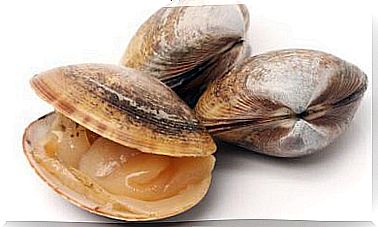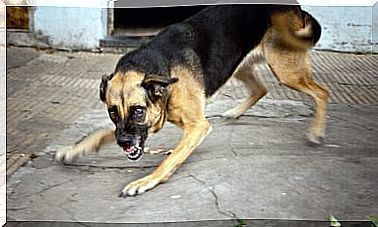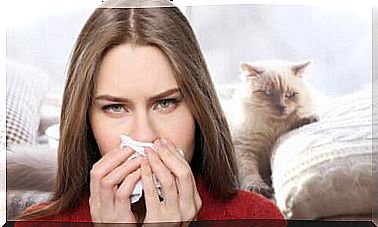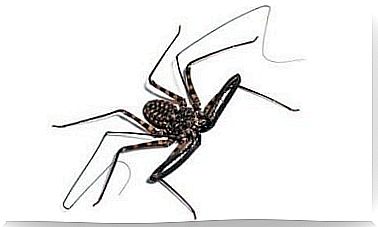Substitute Activities, That Is Why Cats Lick Their Faces
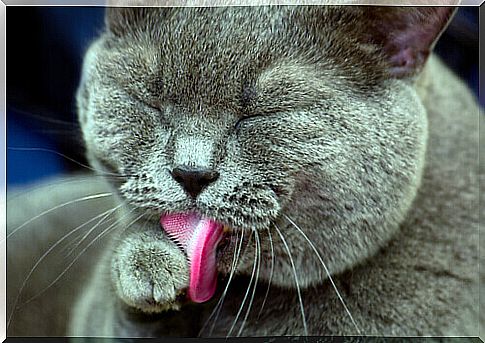
A cat sits placidly seated on a sofa; suddenly, apparently for no reason, he sticks out his tongue and quickly runs it over his lips and nose.
If this scene is not new to you and your cat sometimes behaves like this, know that it has nothing to do with personal hygiene because there is actually nothing to clean. If you are careful, you will also notice that your cat is a little agitated on this occasion and seems to be attracted to something he is staring at.
This type of behavior falls into the group of what we call surrogate activities or substitution behaviors, behaviors that appear when the animal has to cope with a conflict situation.
Reasons why cats lick their faces
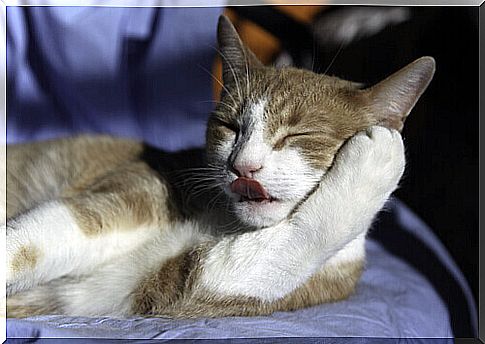
If you want to do an experiment to observe this behavior in your cat, try taking a comb and rubbing its teeth in front of him: the animal will start staring at the comb that is making noise and immediately after it will stick out its tongue, to lick its mouth. and nose.
As you may have noticed, this attitude has nothing to do with daily cleaning, since it does not manifest itself according to the usual practices that the cat performs after eating or during the moment of the toilet. Furthermore, the movements that the cat makes on these occasions are short, precise and rapid.
Surrogate activities include gestures related to vital actions, such as eating, drinking, and washing. These activities are put into practice when your cat is in a situation that does not allow him to behave adequately and that is why the reaction of the animal appears completely out of place.
It would seem that all the replacement activities known to date are able to stimulate the serotoninergic system and, even more so, the endorfinergic system, which help the cat to regain a certain serenity.
Faced with a situation that bothers him but, at the same time, piques his curiosity, the cat does not know how to behave, he doubts whether to leave or stay: not knowing how to resolve the conflict generated by this indecision, he begins to lick himself, as if he wanted to break the vicious circle he ended up in.
Sometimes it can happen that your cat, after licking itself, sneezes violently or yawns for a long time: this is nothing more than further substitute activities, which are practiced by all cats, including the lion.
Faced with similar situations, not all animals react in the same way: some species may start biting their extremities, others may scratch behind the ears with their hind legs.
Birds, for example, clean their beak against a branch; chimpanzees, on the other hand, scratch their chins or arms.
Each of these repetitive and persistent motor activities, which prevent the execution of adaptive responses, have no other function than to try to lower the level of emotional tension that certain situations cause to animals.
The replacement activities, therefore, can be framed in the frame of the most frequent clinical signs that your cat manifests when it is experiencing a situation of malaise. In these cases it is not uncommon for these signs to be accompanied by other symptoms as well:
- autonomic disorders;
- stereotypy ;
- states of inhibition.
Other substitution behaviors in felines
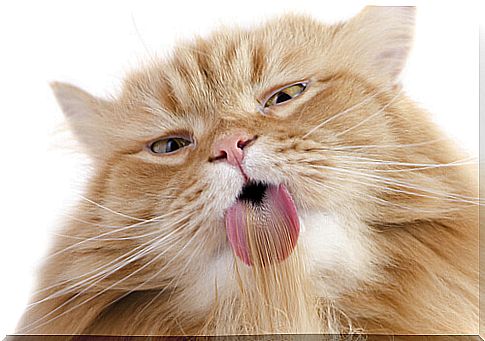
All animals forced to live in captivity, including domestic ones, can suffer from some nervous disorders caused by the lifestyle to which they have to adapt, very different from the rhythms that nature dictates to them.
No matter how pleasant the pampering you give him and no matter how comfortable your home is, your cat is still in an environment that is very different from its natural habitat.
For this reason, when your kitten is nervous or confused, he can react by practicing replacement behaviors aimed at relieving stress or adapting to conflict situations.
In addition to licking their mouth and nose, they can also perform other gestures, which are always part of these substitute activities:
- licking the hair: after having escaped a dangerous situation, your cat will certainly sit down and lick his hair, to calm down, resulting in a very extensive feline alopecia ;
- sucking;
- walking.
Always keep in mind that surrogate activity is normal behavior but occurs at an inappropriate time and context, and usually in an exaggerated way.
If the causes of these substitution behaviors are not identified and treated, they can turn into stereotypical behaviors, which we will discuss in another article.
Remember, therefore, that behind the urban legend that sees in the cat licking its muzzle an omen of a visit, there is actually a much more serious ailment, which you must not neglect and to which you must pay due attention, consulting with the veterinarian.


